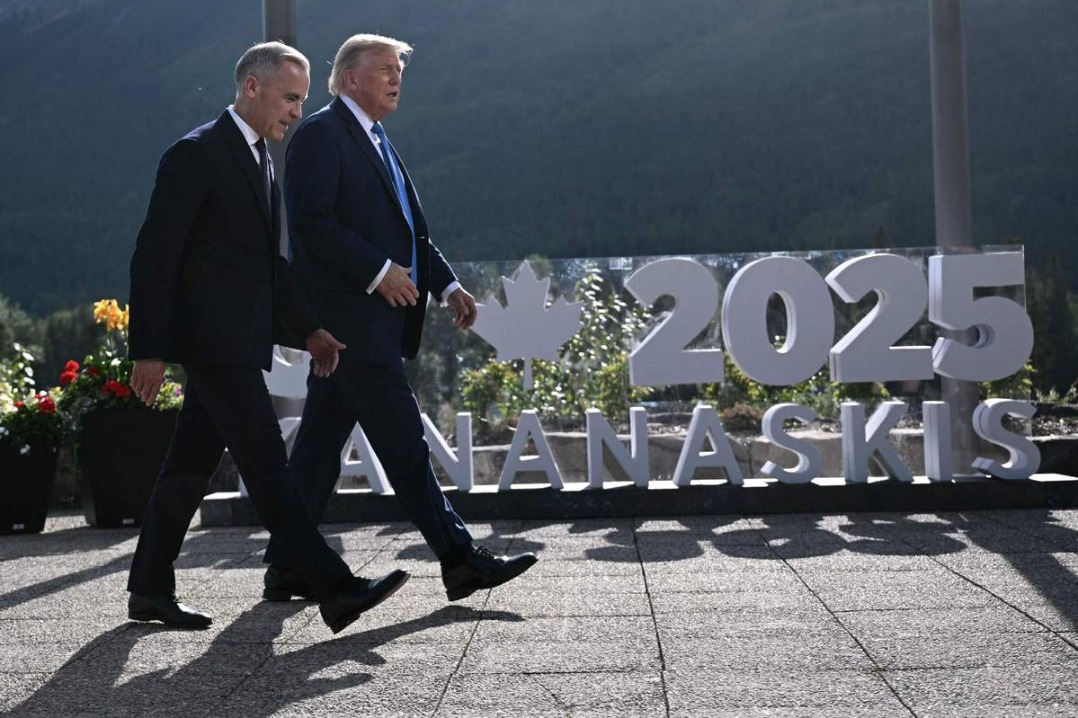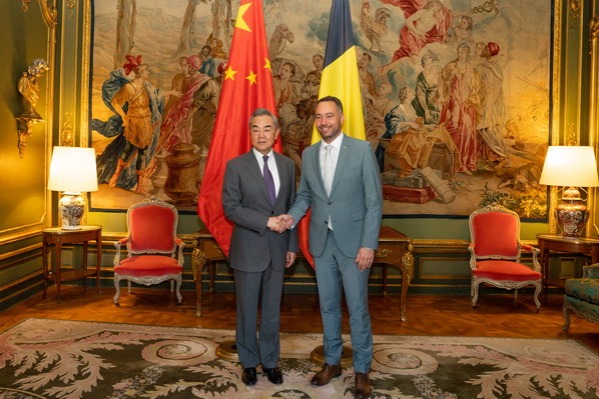HK fuels Chinese investments in Indonesia
SAR helps channel Chinese investments, aids Jakarta's efforts to move up global value chain, BNI executive says

Hong Kong serves as a "significant gateway" for Chinese investments into Indonesia, helping Southeast Asia's biggest economy move up the global value chain, a senior banking executive said.
Farid Faraitody, general manager at the Hong Kong branch of the state-owned Bank Negara Indonesia (BNI), said China, which is Indonesia's biggest trading partner and a major source of investment, supports Indonesia's industrialization goals.
He said Chinese investments in nickel processing, battery manufacturing and renewable energy are helping Indonesia transition from being a raw commodity exporter to a manufacturer of higher value-added products.
"For a long run, China and Indonesia have established a comprehensive strategic partnership, promoting economic integration and cooperation under frameworks like the Belt and Road Initiative (BRI). This partnership helps Indonesia leverage China's technological innovation, production capacity, and market access, which is crucial in a protectionist global trade environment," Faraitody told China Daily.
He said Hong Kong, as one of the world's key financial centers, serves as a "significant gateway" for Chinese investments to Indonesia because the Chinese special administrative region (SAR) can "leverage its unique advantages under the 'One Country, Two Systems' framework".
Hong Kong is also part of the Greater Bay Area (GBA). Hence, Indonesia can leverage the GBA infrastructure and connectivity to facilitate business operations and supply chains, Faraitody noted.
"GBA's advanced technology and innovation can be beneficial for Indonesia's development," he said.
Indonesia's hilirisasi (downstreaming) policy, which began in January 2020 with a ban on raw nickel ore exports, has been instrumental in encouraging domestic processing and adding value to its natural resources. Since then, the policy has expanded to other sectors, aiming to strengthen Indonesia's industrial base.
In 2024, Indonesia attracted over 900 trillion rupiah ($55.3 billion) in foreign direct investments, with Singapore and China among the top investors, according to Indonesia's investment ministry.
Chinese investment projects, such as the Jakarta-Bandung high-speed railway, the first such super-fast rail line in the Southeast Asian region, is a flagship project under the Belt and Road Initiative.
Private Chinese companies have also been establishing manufacturing bases in Indonesia. Chinese auto firms Wuling Motors and Chery Automobile have factories in West Java, while BYD has invested over $1 billion to build an electric vehicle plant in Indonesia. The plant is expected to begin operations in January 2026.
Chinese nickel processing firms have been set up in Central Sulawesi – a key nickel mining site, while in East Java, the Hong Kong-listed glass manufacturer Xinyi Glass Holdings has built an automobile glass production line.
Faraitody said a large part of Chinese FDI to Indonesia was channeled through Hong Kong, serving as a "vital bridge" that connects Chinese investors to Indonesia.
"This is reflected in our recent FDI data, which shows that (Hong Kong SAR) is the second largest direct investor in Indonesia, while the (Chinese mainland) ranks third. This indicates that most Chinese investment flows into Indonesia come through Hong Kong," he said.
As an international financial hub, Faraitody said Hong Kong offers a robust legal system, free flow and open capital markets, tax efficiency and a highly developed professional services sector, which are crucial for facilitating investments.
Faraitody said Indonesian companies will benefit by participating in Hong Kong's equity and debt capital markets. The dual listing program between the Hong Kong and Indonesian stock markets is "very attractive" for Indonesian companies seeking to leverage the Hong Kong bourse's connectivity with the Chinese mainland and diversify their shareholder base without the full regulatory burden of a primary listing.
He said Indonesian companies can also issue bonds in the Hong Kong market.
"We see many Indonesian company raise funds in Singapore, but Hong Kong's low tax environment makes it an attractive alternative for fundraising," Faraitody said.

































